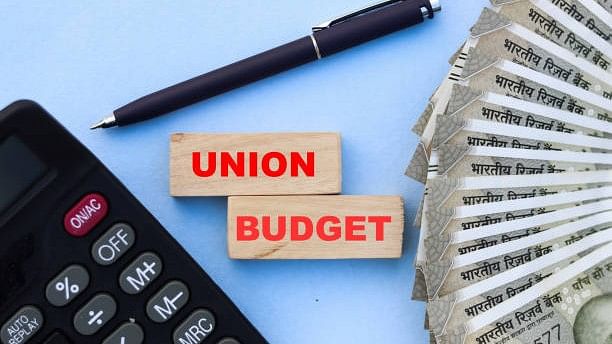
During the election year, instead of the full Union Budget, the government in power presents an interim Budget.
Credit: iStock Photo
Ahead of the 2024 Lok Sabha elections, Finance Minister Nirmala Sitharaman will present the interim Budget on February 1.
More often than not, people confuse the interim Budget with vote-on-account and use the two interchangeably. While the former includes both expenditures and receipts, the latter only includes expenditure.
What is Interim Budget
During the election year, instead of the full Union Budget, the government in power presents an interim Budget. It is a temporary Budget that covers a short period of time, until the election results are out.
Interim Budget gives the government spending rights till the end of fiscal year which falls on March 31.
The first part of the interim Budget is the same as an annual Budget (preceding year's income and expenses). But, only a documentation of the proposed basic expenses till the elections are included in the interim Budget.
In this Budget, any major policy changes that can influence the voters unfairly are not permitted, as per the Election Commission's regulations.
The government passes a vote-on-account allowing it to meet the administration expenses.
What is Vote-on-account
A vote-on-account is passed through an interim Budget. It is passed as a convention without discussion allowing the government to handle expenses for a short time leading up to elections.
Usually valid for two months, vote-on-account is like a grant-in-advance to the government enabling it to function properly. It is passed to meet the government's essential expenditures like salaries and ongoing expenses in various sectors.